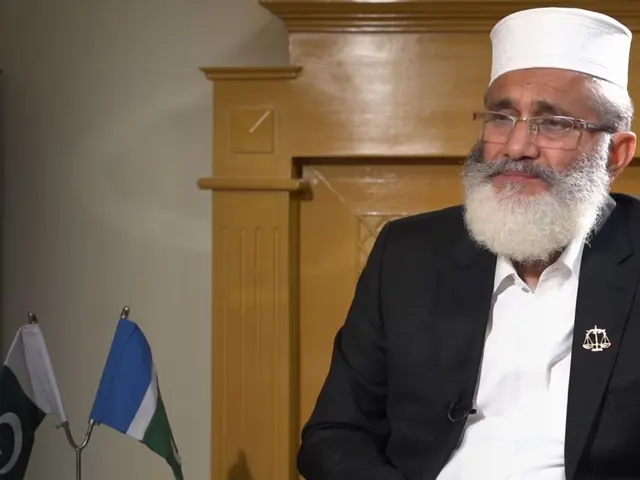Shortage of GPs Pressures Germany's Healthcare System
Approximately 25% of family physicians intend to retire within the next half decade.
Social media buzzes with concern about the looming exodus of General Practitioners (GPs) in Germany. A survey reveals that about 25% of practicing GPs are planning to quit their practice within the next five years, and many more aspire to cut down their weekly working hours by an average of 2.5 hours by 2030. The Bertelsmann Foundation highlighted this unsettling revelation on Wednesday.
The reasons for this trend are demandingly cumbersome bureaucracy and inflated workloads. In a survey of GPs, many pointed out the necessity of less bureaucracy and adaptable work schedules to stay in the profession longer. At present, on average, GPs are working for 44 hours a week—10 hours more than the typical workweek in Germany.
Yet, Uwe Schwenk, the director of the Bertelsmann Foundation, emphasized that a reduction in GPs doesn't inherently translate to a decline in care. "What truly matters," he explained, "is the extent of time the GP can devote to patient care."
According to a collaborative survey by the Bertelsmann Foundation and the University of Marburg, GPs spend approximately 80% of their time on consultations and home visits. The remaining hours are dedicated to administrative tasks, continuing education, or various other activities.
As the government grapples with this issue's urgency, policy changes and reforms are underway:
- Shifting Paradigm: The restructuring of the system aims to make patients consult GPs before seeing specialists, reducing unnecessary appointments with specialists and potentially lessening the burdens on specialist clinics.
- Comprehensive Care Reform: The government has announced a broader "Care Reform" to address the broader healthcare professional shortage by making the sector more attractive through improved funding and work conditions.
- Less Red Tape: Recognizing the need for reduced bureaucracy, efforts are being made to create a less bureaucratic environment for GPs and other healthcare professionals.
- International Recruitment: Germany is actively recruiting healthcare professionals from around the globe, with about 12% of doctors already being foreign-trained.
Despite these efforts, critics argue that forcing GPs to be the mandatory first point of contact may simply shift waiting times from specialists to GPs, while addressing compensation and workload concerns is crucial for long-term retention. Striking a balance between streamlined policies and quality care remains the challenge.
The shortage of family doctors in Germany, as highlighted by the Bertelsmann Foundation, is a concern that sparks discussions on social media. This situation arises due to demanding bureaucracy and heavy workloads, causing many GPs to consider quitting or reducing their work hours. As a potential solution, the government is implementing reforms such as the shift towards mandatory GP consultations before specialist visits, aiming to streamline the system. However, critics argue that this change may only shift waiting times, and addressing compensation and workload concerns is essential for long-term retention of GPs. Scienctific research and workplace wellness initiatives on chronic diseases and mental health could potentially offer insights into improving the quality of care and decreasing GP burnout.






